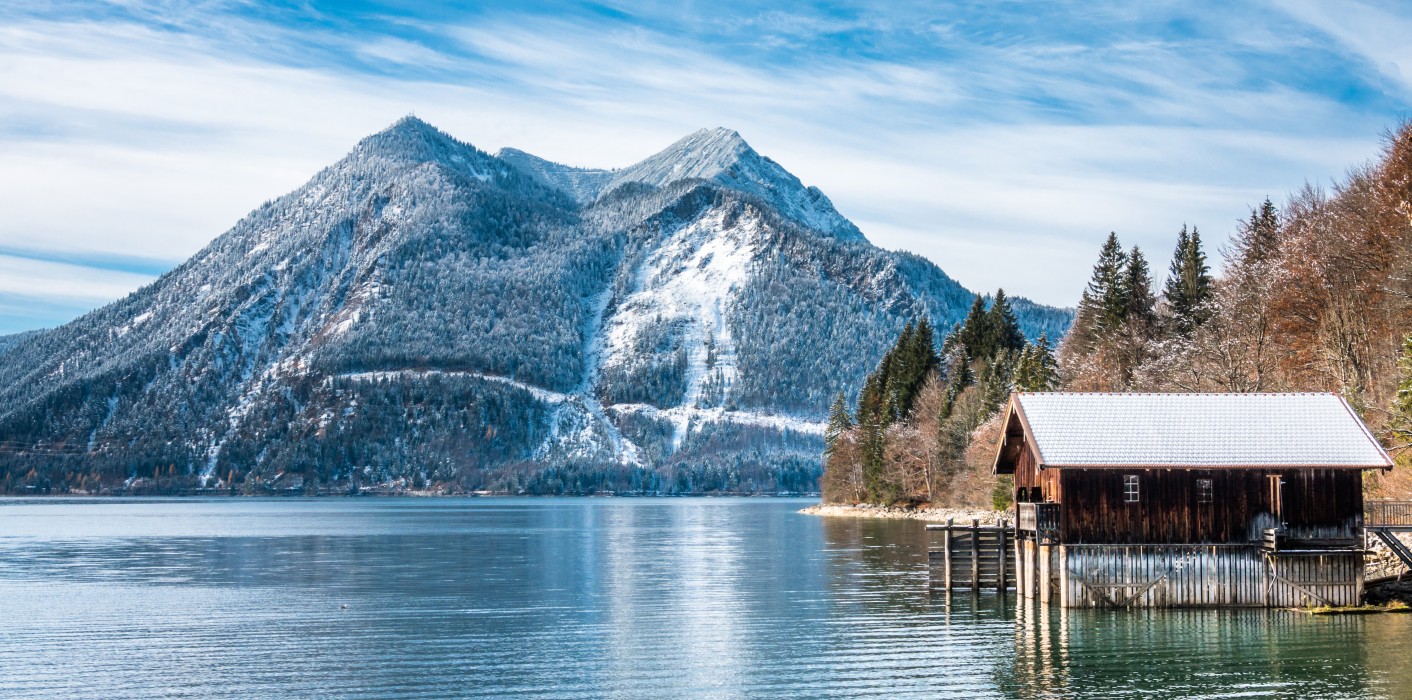
Heavy Rain, Flooding, and Chance of Severe Weather Staring Down the Southern U.S.
January 22, 2024
Posted: November 12, 2021 2:10 pm





Arrival of Alberta Clipper Will Serve to Drop Temperatures Further
‘Tis the season for lake-effect snow. A storm system that is set to drop accumulating snow to the northern tier of the US will meet with the warm water of the Great Lakes to create a series of lake-effect snow events in the coming days. A rush of cold air coming in behind this system will exacerbate the wintry feel even further.
Forecasters are predicting two periods of lake-effect snow with the first punch happening this weekend. While the second round of lake-effect snow will not hit until later next week, a separate system moving across the region may bring even more snow to the Great Lakes. Altogether, this could be the most significant period of winter weather so far in the young season.
The first lake-effect snow will begin to fall Friday night and into Saturday. These bands will crop up throughout Michigan south of Lake Superior and Lake Ontario.
Because the cold air moving from the west will not arrive until later in the weekend, the measurable snowfall may be limited to the Upper Peninsula of Michigan as well as the interior part of the Lower Peninsula. An increase in winds will also keep the snow from piling up in one specific area.
However, the second wave of snow will likely bring a higher chance of accumulating snow. A band of low pressure will move through the region later on Saturday night, triggering the potential of lake-effect rain and snow in the overnight hours. This will be most likely along Lake Erie and Lake Ontario and into upstate New York. This precipitation will likely fall as slushy snow.
Despite the calendar reading November, the water temperature in the Great Lakes is still running warm. The shallowest waters near the shores are up to 10 degrees above average for early November. Because of these warm readings, any lake-effect snow has not delivered significant accumulation thus far this year.
An Alberta Clipper is due to drop down into the northern Plains and Great Lakes over the weekend. This weather pattern will cause the winds to shift once more, affecting the odds of accumulating lake-effect snow. Although this increase in wind shear may break up the lake-effect snow, it can also bring its own onslaught of measurable snowfall.
The Alberta Clipper will make its way out of the Great Lakes by the end of the weekend. As it treks to the east, even colder air will be brought in behind it, igniting yet another round of lake-effect snow. In short, do not get complacent if the snow winds down in your area over the weekend. There is a good chance that another band is on the way.
This rush of cold air will negate the warm temperatures of the lakes, making measurable snowfall the norm beginning Sunday night and continuing through the day Monday. A drastic difference between the air temperature brought from Canada and the warm waters of the lakes could trigger heavy bands of snow.
The areas most likely to see the most widespread accumulation include regions downwind of the eastern Great Lakes, including northeastern Ohio, upstate New York, and the northwestern corner of Pennsylvania.
The on and off snow could start to compound over the next several days with some communities seeing up to a foot of accumulation by the time it dries out.
Motorists need to be ready for possible travel disruptions due to slippery roads throughout this area. Adverse road conditions are possible for a large swath of Interstate 80 and Interstate 90. In addition to the normal hazards presented by snowfall, snow squalls may cause reduced visibility and icy roads in an instant. These squalls have the tendency to appear out of nowhere, catching motorists off guard.
The good news is that milder weather is on tap for the middle of the week. This warming of temperatures and dry conditions will help to melt any snow on the ground.

January 21, 2024

January 19, 2024

January 18, 2024